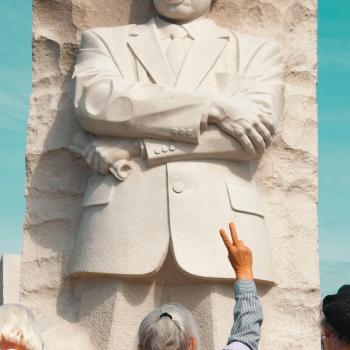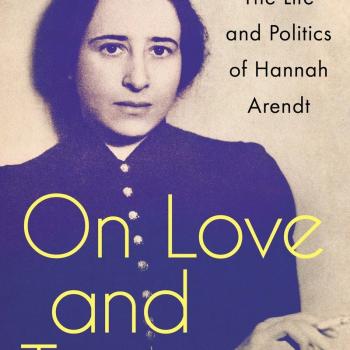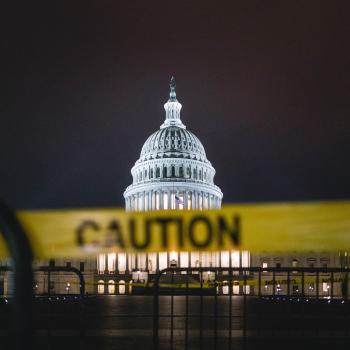In The Fellowship of the Ring, a particular line resonates with me. One character, Frodo, said to another, Gandalf, “I wish none of this had happened.”
And Gandalf responded, “So do all who live to see such times, but that is not for them to decide. All we have to decide is what to do with the time that is given to us.”
Now, FINALLY nearing the end of this odd and horrendous year of 2020, Voting Day came and went, though for many it seemed more like Voting Week (and by now, Voting Month). Meanwhile, and despite all of our best efforts, Covid is ramping up again, too.
I feel like saying, along with Frodo: “I wish none of this had happened.”
But it has. What shall we do now with this new claim on our time? Because suddenly, we are all about to turn the page — and 2021 is just around the corner. Something cosmic seems to have begun, perhaps on Saturday Nov. 14th, after the election was called for Biden. Major jubilation broke out in urban centers across the country, and even overseas. Words like “relief” and “peacefulness” peppered many commentaries on these celebrations. For a brief moment, nobody seemed to be saying, “I wish none of this had happened.”
But of course an entire large group of Americans were not sharing in the mood. The so-called “true believers”of the losing side, who all immediately turned their collective attention to devising schemes for calling into question the results and circulating rumors of conspiracy about fraud and corruption. Thus does the circus continue, as I sit here in early December, with well over $200 million already tucked away by the grifting purveyors of propaganda filling many of our citizens with what they seem to believe is a righteous anger.
So in this context of emerging change qualified by the detritus of doubt, disloyalty, and even hate: where can we turn for spiritual comfort and therapy? For surely one thing seems clear: spiritual reckoning is at hand–or else it should be. But how? As Gandalf told Frodo: “All we have to decide is what to do with the time that is given to us.”
In his new book Breaking Bread with the Dead, Alan Jacobs has called for a sort of deepened vision of history, which he calls our “temporal bandwidth”: the ability to look both forward and backward with wisdom and humility. The term comes from Thomas Pynchon’s novel Gravity’s Rainbow, where an engineer states, “the width of your present, your now … The more you dwell in the past and future, the thicker your bandwidth, the more solid your persona. But the narrower your sense of Now, the more tenuous you are.”
Our current regime seems rather narrow in these terms. One writer suggested this may one day be remembered as the “Twitter presidency”: a time when the news cycle became historically diluted into the absolutely here and now. Such an ethos is powerless for the development of temporal bandwidth.
As one interviewer noted, “Jacobs is concerned about the way that social media steals our tranquility and robs us of the ability to grasp the complexity of issues which purport to be solved in the swift and retributive justice of trending hashtags. He compares the exhaustion generated by this mode of living to Paul’s admonition that Christians not be ‘tossed here and there by waves and carried about by every wind of doctrine’”(Ephesians 4:14). Allowing ourselves to be counseled by old books helps us develop a complex view of the world and gives us peace as we gain a historic perspective on the long struggle to act justly and live well.” Sounds a bit like Gandalf.
More and more commentators are calling out for reconciliation and a generosity of spirit toward supporters of the Trump regime. But Jacobs expands this to include those who lived in the past, and mainly depends upon old books for access. If we wondered at times if we had “plateaued” as a nation, maybe we must decide instead to look forward, but not dismiss our past either.
In a column two years ago in The Guardian, Jacobs previewed some of the key ideas at the heart of Breaking Bread with the Dead. Near the end, he writes, “The bitter irony here is that so many American Christians, who often claim to have ‘an eternal perspective.’ turned out, in 2016, to have no perspective beyond that of the immediate moment. They have left their own future, and that of the country they claim to love, uncared for and unreflected on.”
If that was the case in 2016, what would Jacobs say now, in the aftermath of the 2020 election and in the midst of a pandemic? Well, I’m guessing we are all interested in denying some aspects of our recent past. Maybe we’d like to think we’ve turned the page, and soon the New Year will be upon us. “Morning has broken,” sang Cat Stevens. But has morning come for all of us, or only part of us? And where is the American church in all of this? Are they cowering away like Frodo, saying “I wish none of this had happened”? Yes, if my Facebook feed is accurate: many of them are cowered by the rigged coming of the Antichrst. Fear strangles the witness of Advent.
I am moved by Jacob’s appeal to an “eternal perspective,” and would add that many of my brothers and sisters in the church seem to be cowering away from it. Or have developed a disturbing, dystopian view of the future. As Christopher Wright suggests in his new book Here are Your Gods: “We have seriously lost the plot—the biblical plot. We have forgotten the story we are in.”
So let’s break bread with the dead. Let’s find the correct plot, once again. And let us attend to the wise response of Gandalf: “So do all who live to see such times, but that is not for them to decide. All we have to decide is what to do with the time that is given to us.”
















